Plant-Based Food List: Your Guide to Healthy Eating
Eating a plant-based diet is not just about avoiding meat and dairy; it’s about embracing a plethora of nutritious foods that come straight from the earth. If you’re considering a plant-based lifestyle, understanding what you can eat is crucial. In this guide, we’ll explore different plant-based foods that are not only delicious but also beneficial for your health.
Introduction to Plant-Based Diet
A plant-based diet focuses on consuming foods that come predominantly from plant sources. This can include fruits, vegetables, grains, nuts, seeds, and legumes. Although many people who follow a plant-based diet also avoid animal products entirely, some still include minimal amounts of animal products or by-products.
The adoption of a plant-based diet has been linked to numerous health benefits, such as reduced risk of heart disease, diabetes, and certain types of cancer. These diets are also beneficial for weight management and have less environmental impact compared to diets high in animal products. You can pay someone to write your paper on this topic.
Favorite Dishes
Fruits and Berries
Fruits and berries are nature’s candy and play a pivotal role in a plant-based diet. By the way, if you need to write my lab report for me use relieble services. They are packed with essential vitamins, antioxidants, and fiber. They are also low in calories and fat, making them a perfect snack.
Apples, for instance, are high in dietary fiber and vitamin C. Berries, such as strawberries, blueberries, and raspberries, are loaded with antioxidants that promote cellular health and can reduce the risk of disease. Eating a variety of fruits and berries ensures you’re receiving a wide range of nutrients.
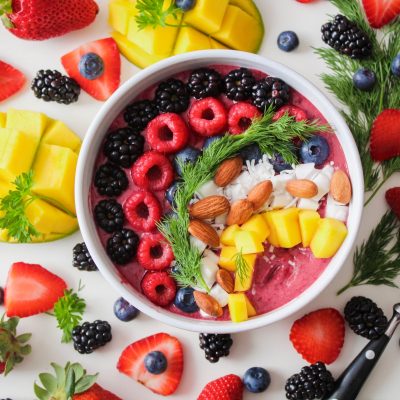
Vegetables: The Cornerstone of Plant-Based Diets
Vegetables are undoubtedly the cornerstone of any plant-based diet. From leafy greens like spinach and kale to cruciferous vegetables like broccoli and cauliflower, these nutrient powerhouses provide a range of benefits.
Spinach is a good source of calcium and iron, which are important for bone health and blood production respectively. Broccoli is rich in Vitamin C and K, important for immune function and blood clotting.
Sweet potatoes are a rich source of beta-carotene, which your body converts into vitamin A. This vitamin is essential for good vision, immune system function, and cell growth.
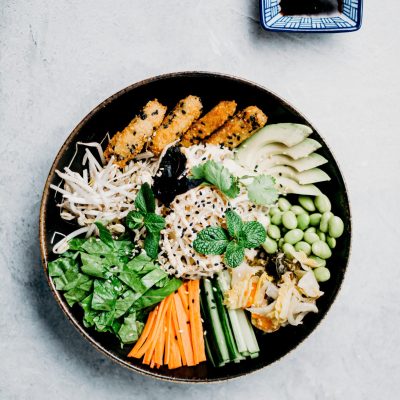
Whole Grains: Power-Packed Nutrients
Whole grains are an excellent source of complex carbohydrates, dietary fiber, and several essential nutrients. Foods such as brown rice, oats, and quinoa are also rich in B vitamins, iron, folate, selenium, potassium, and magnesium.
Quinoa, for instance, is considered a superfood because it’s one of the few plant foods that offer all nine essential amino acids. Additionally, the high fiber content in whole grains helps in digestion and keeps you satiated, aiding weight management.
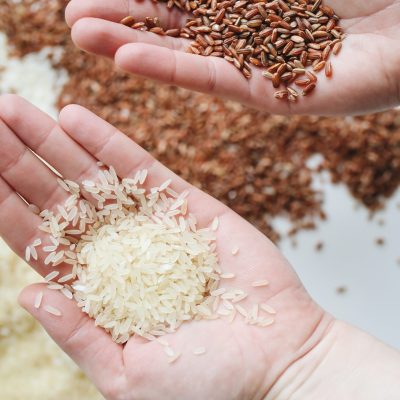
Legumes: Protein Source in Plant-Based Diet
Legumes, which include lentils, chickpeas, and various kinds of beans, are a critical part of a plant-based diet due to their high protein content. These plant proteins are an excellent alternative to animal proteins.
Chickpeas, for instance, are a versatile ingredient high in protein and fiber, which can help control hunger. Black beans are another good source of protein and also provide essential minerals like calcium, phosphorus, and iron.
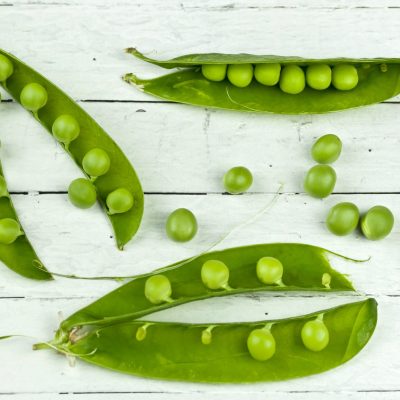
Nuts and Seeds: Healthy Fats and Proteins
Nuts and seeds are incredibly nutritious, providing a good source of protein and healthy fats, including omega-3 fatty acids. Flaxseeds and chia seeds, for instance, are high in fiber and omega-3 fatty acids, which can aid in cardiovascular health.
Almonds and walnuts not only provide protein but are also rich in monounsaturated fats, which can help reduce bad cholesterol levels and increase good cholesterol levels. Moreover, seeds like pumpkin and sunflower seeds are packed with iron, calcium, and B vitamins.
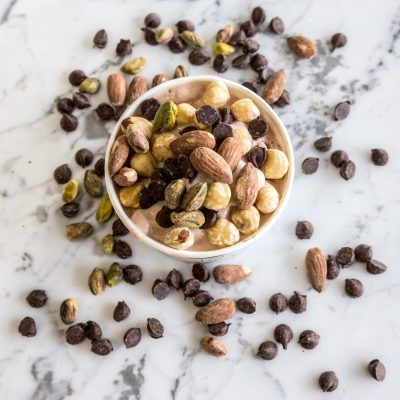
Plant-Based Protein Alternatives
Concerns about protein are common when switching to a plant-based diet. However, there are many plant-based protein alternatives like tofu, tempeh, and seitan.
Tofu, made from soy milk, is a complete protein and provides all the essential amino acids your body needs. Tempeh, also made from soy, is high in protein, fiber, and a wide array of vitamins and minerals. Seitan, made from hydrated gluten, is another protein-rich food. However, it should be avoided by people with celiac disease or gluten sensitivity.
Planning Your Plant-Based Meals
Effective meal planning is vital to ensuring you’re getting a diverse and balanced nutrient intake. Start by planning your meals around your vegetables, and then add in grains and protein sources. Remember, variety is key to getting all the nutrients your body needs.
Experiment with different foods, flavors, and recipes. It can be beneficial to prepare meals in advance to ensure you always have healthy and delicious plant-based options on hand.
In conclusion, a plant-based diet offers a wide variety of tasty and nutritious foods. With careful planning, you can enjoy a diverse, flavorful diet that supports good health and wellbeing.